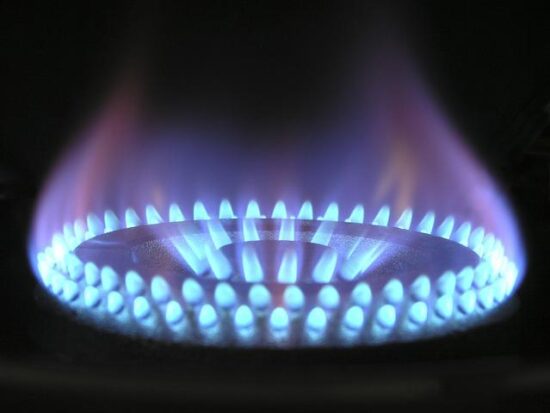German households will have to pay almost 500 euros ($509) more a year for gas after a tax was introduced to help utilities cover the cost of replacing Russian supplies, piling pressure on Berlin to take further relief measures for the public.
Trading Hub Europe, the German gas market operator, said on Monday it had set the tariff at 2.419 euro cents per kilowatt hour (kWh).
The tax will be imposed from Oct. 1 and remain in place until April 2024 in a bid to help Uniper ( UN01.DE ) — the country’s biggest importer of Russian gas — and other importers cope with prices growing.
For an average family of four, the tariff will amount to an additional annual cost of around €480, or an increase of around 13 percent in price comparison platform Verivox’s calculation for an average gas bill of €3,568, based on the use of 20 thousand kWh/year.
“The alternative would have been the collapse of the German energy market and with it large parts of the European energy market,” said Economy Minister Robert Habeck about the tax.
Germany’s energy model dependent on Russia had failed and was not coming back, he told reporters.
“We have to change in a hurry … In doing so, we sometimes have to take bitter medicine,” Habeck said, arguing for targeted relief to help families.
EnBW ( EBKG.DE ), which is also exposed through its gas division VNG ( VNG.UL ) and took a profit of 545 million euros in the first half of 2022 as a result of lower Russian supplies, said that it would benefit from the tax, unlike RWE (RWEG.DE).





